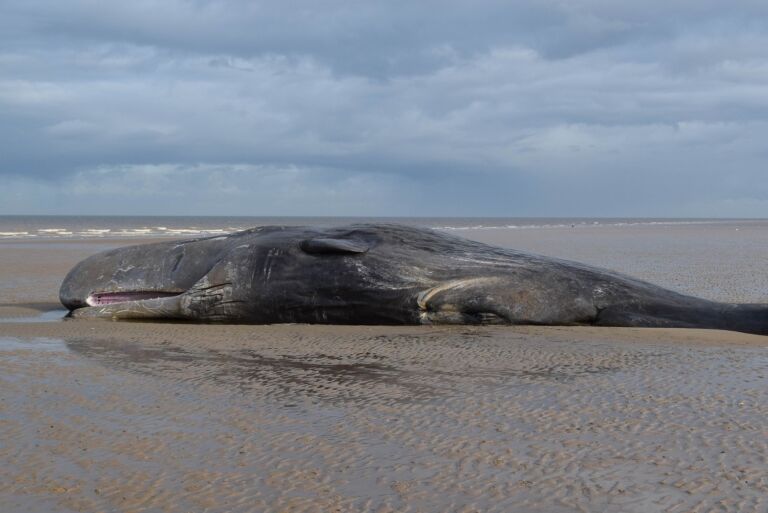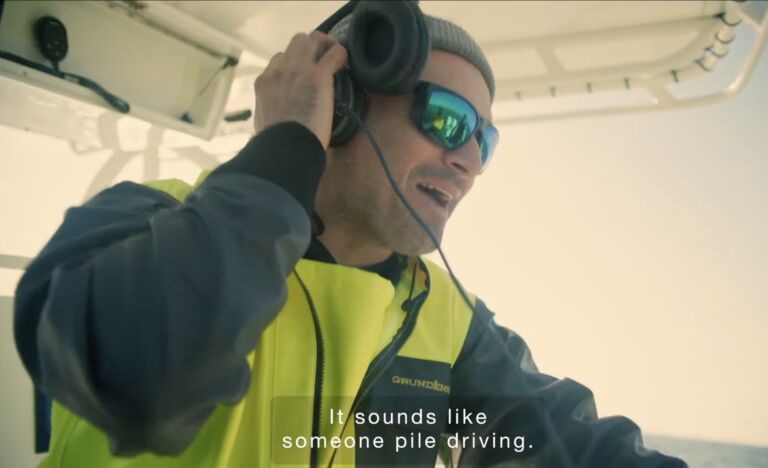Coastal cities throughout New Jersey are advocating for more studies on the impact of wind turbines on wildlife after a series of whale deaths. This could have serious implications for North Carolina, as the state is planning on building its own massive wind turbine farm, which could have similar results.
Whales are majestic and mysterious figures in popular imagine. Often living in some of the deepest oceans, humans only get a glimpse of these creatures on the surface, with the exception of some smaller whale breeds that are in captivity.
That is no longer the case for coastal areas in New Jersey, where at least 10 whale carcasses have washed up along the shorelines since December, a noticeable uptick. Many are worried that the wind turbine farms that are supposed to help the environment, are having a devastating impact on whale communities.
In a letter, 30 New Jersey mayors are asking for more detailed studies into how marine mammal life is interacting with these supposed green energy sources.
“While we are not opposed to clean energy, we are concerned about the impacts these projects may already be having on our environment,” the letter reads. “We urge you to take action now to prevent future deaths from needlessly occurring on our shorelines.”
It’s not just limited to New Jersey as a report indicates that within a week three whales were discovered dead in close proximity to a Virginia offshore wind farm.
New Jersey Congressman Chris Smith said, “Today, the whales are sending us a tragic message that demands transparency and accountability — both of which has been sorely missing from Governor Murphy’s plan to use New Jersey’s coast as the prime location for the offshore wind industry in the U.S.
“Questions and concerns raised by me and many others have gone unanswered concerning the unexplained deaths of at least 10 whales.”
The NOAA and the Bureau of Ocean Energy Management firmly denies that the deaths have anything to do with the development of the farms, but it seems more like a deflection to preserve the green energy movement.
This isn’t the first time members of the animal kingdom have been sacrificed on the altar of the green energy agenda.
The American Bird Conservancy estimates that the number of deaths due to wind turbine collisions could be as high 538,000 per year. That could be quite high, but it wouldn’t necessarily be a surprise either. If other marine life is struggling under the threat of wind turbine construction, then why still do it? Isn’t all of this in service of saving the planet?
Well yes, and no.
Though there are things humans can do to decrease our carbon output, that’s not entirely the goal. Green energy has become more of an ideology and propaganda, than a practice based in science.
That means that despite these concerns for the whales and other marine life, North Carolina’s wind turbine farm will probably still go forward. It’s all about working towards green energy and carbon neutrality, no matter what the cost.
For more on the potentially devastating impact of the planned wind turbine farm off the coast of Wilmington, click here.


